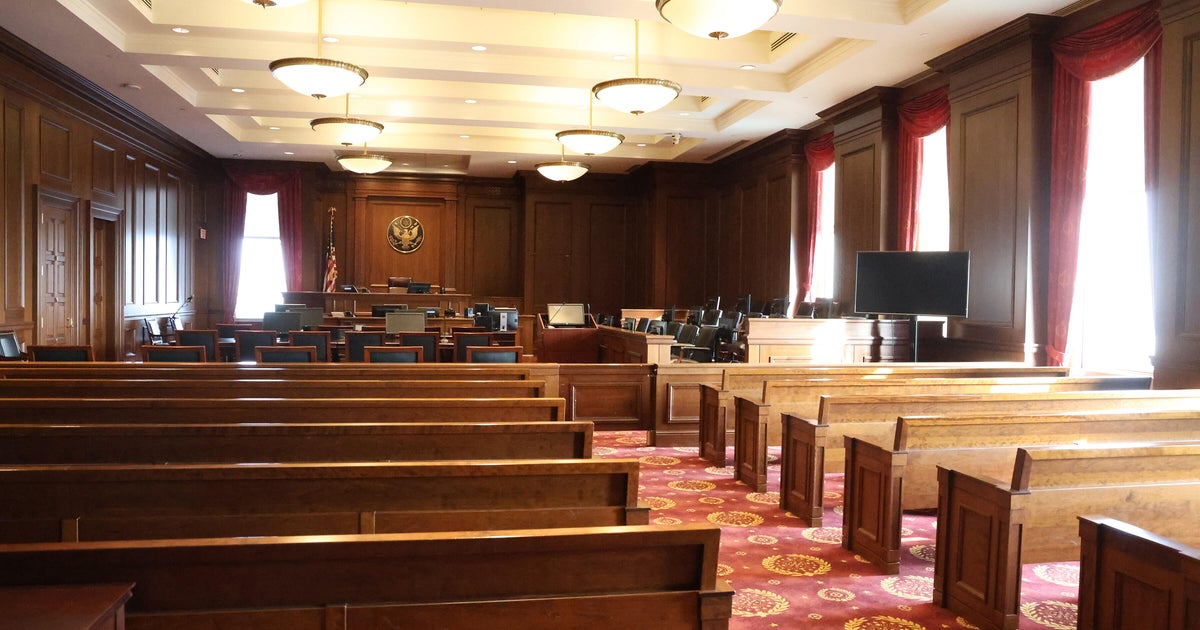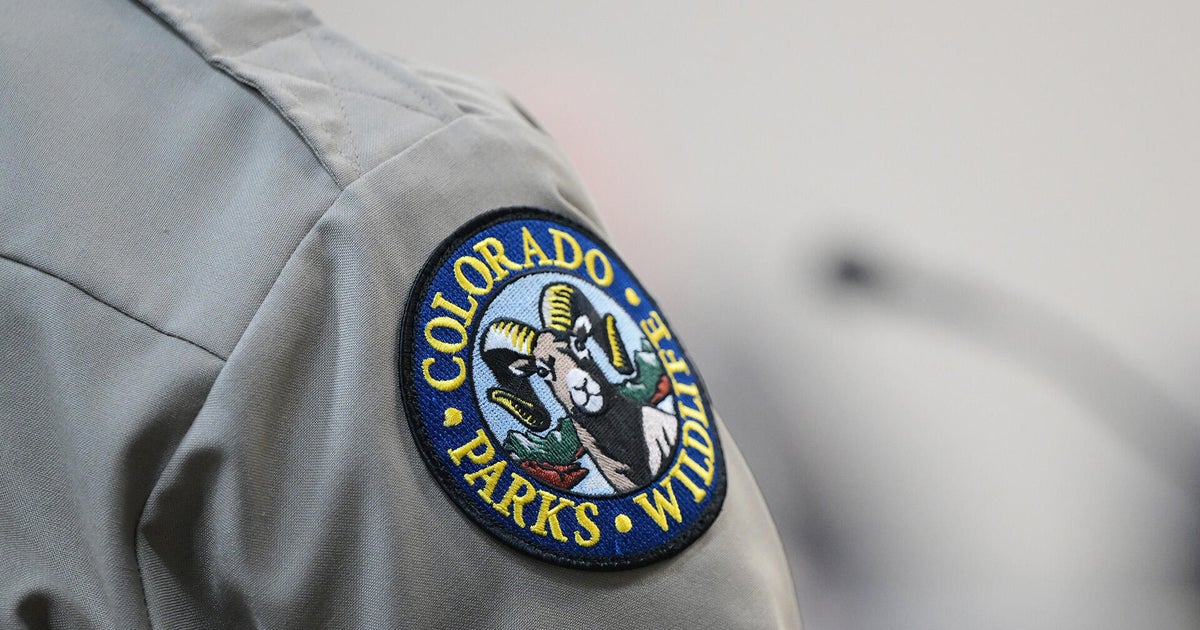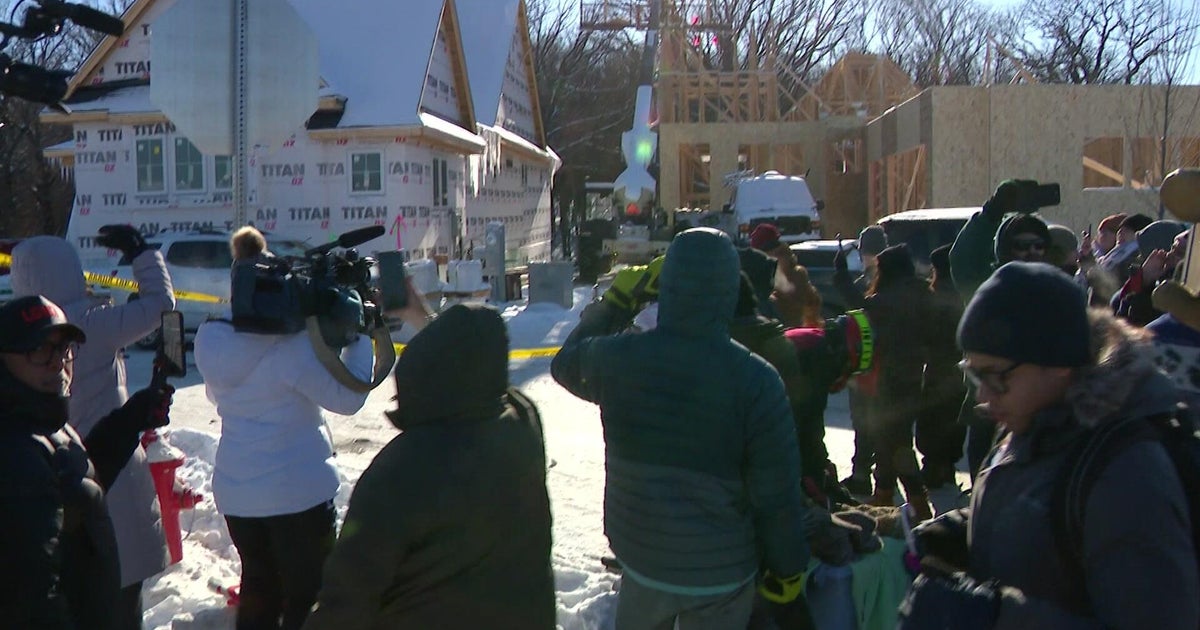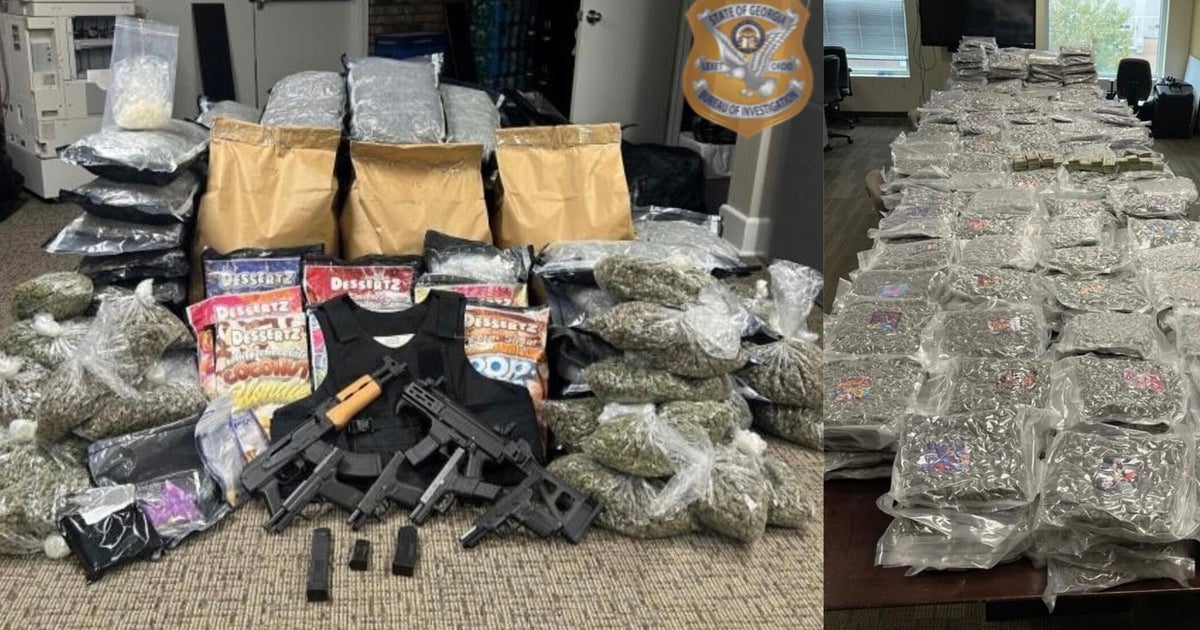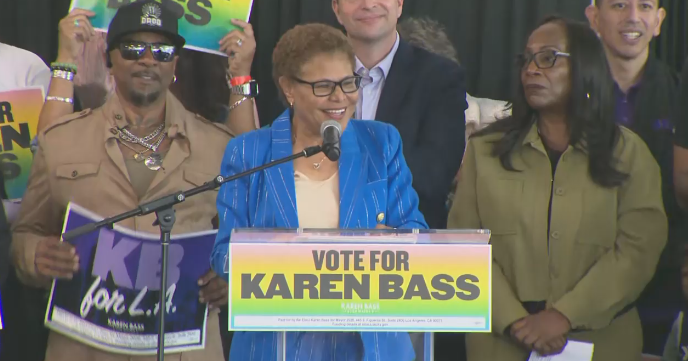Report: Hezbollah, Iranian Agents Linked To Cross-Border Drug Trade In Mexico
SAN DIEGO (CBS) — Has an unlikely alliance between a Islamic terrorist group and a Mexican drug cartel brought Middle East politics to California's doorstep?
The U.S. Drug Enforcement Agency is investigating members of the Lebanese group Hezbollah for helping the Zetas smuggle cocaine and launder money south of the U.S. border, according to a federal indictment unsealed on Tuesday.
Sebastian Rotella, foreign correspondent for Pro Publica, told KNX 1070 the partnership points to a "very interesting and worrisome convergence".
Podcast
"You have a very sophisticated global operation doing money laundering and hundreds of millions of dollars of it and drug trafficking, and different groups are benefiting from it," said Rotella.
The U.S. Treasury first announced in February that the eighth-largest bank in Lebanon was acting as a "financial institution of primary money laundering concern" linked to Hezbollah, a U.S.-designated foreign terrorist organization since 1997.
The indictment alleged drug kingpin Ayman Joumaa, 47, a Lebanese businessman who speaks fluent Spanish, has used the Lebanese Canadian Bank (LCB) in addition to several U.S.-based businesses to launder as much as $200 million every month.
With the help of the Zetas, Joumaa allegedly helped smuggle 85 tons of Columbian cocaine through Mexico, where it was ultimately funneled into America, according to the indictment.
Joumaa allegedly coordinated the smuggling of at least 85 tons of Colombian cocaine through Central America and Mexico in partnership with the Zetas, the brutal Mexican cartel founded by former commandos, according to the indictment
Rotella said while the partnership may appear nebulous, it could have grave consequences for the border security of California and the U.S. at large.
"You have an increasing presence of both Hezbollah-connected operatives, Iranian intelligence operatives in Latin America and even in Mexico," he said.
While Rotella cautioned the business relationship among the groups is more dynamic than "the bosses sitting down", he warned at least some of the revenue from the U.S. drug market likely ends up in the hands of the LCB.
A suspected leader of the Zeta drug cartel was arrested by Mexican authorities in November, just one day after U.S. border agents discovered a cross-border underground tunnel in San Diego.
